Is “Windows 10 Cloud” a newfangled Windows RT?
3 min. read
Published on
Read our disclosure page to find out how can you help Windows Report sustain the editorial team. Read more
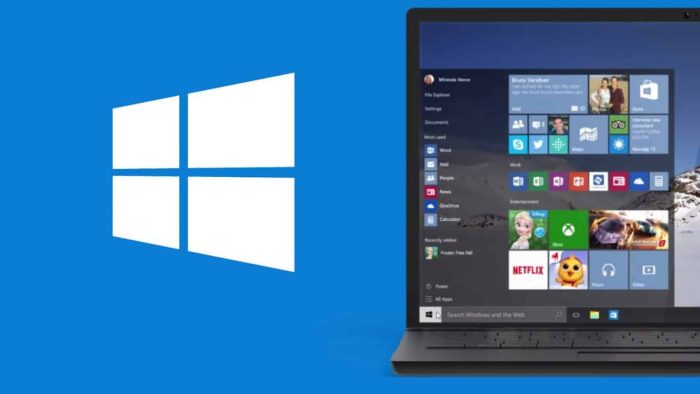
Last week, we learned that Microsoft was reportedly working on a lightweight version of Windows 10 called “Cloud Shell” or “Windows 10 Cloud.” While we didn’t have any concrete details about this new version of Windows at the time, it seems that this new SKU may actually have nothing to do with the cloud.
Indeed, ZDNet reporter Mary Jo Foley explained today that Windows 10 Cloud may be a simplified version of Windows 10 that can only run UWP apps. According to the report, Microsoft may have developed this new SKU as a reaction to the growing popularity of Chromebooks, are increasingly popular in US schools:
Windows 10 Cloud is a simplified version of Windows 10 that will be able to run only Unified Windows Platform (UWP) apps installed from the Windows Store, my contacts say. Think of it as being similar to the version of Windows 10 formerly known as Windows RT or the Windows 8.1 with Bing SKU.
Windows 10 Cloud is meant to help Microsoft in its ongoing campaign to attempt to thwart Chromebooks with a simpler, safer, cheaper version of Windows 10, my contacts say, though Microsoft is unlikely to position it that way (publicly).
Microsoft declined to comment, but Foley added that “given that references to Windows 10 Cloud are showing up now in Windows 10 Creators Update test builds, I’d guess Microsoft will debut this new edition of Windows 10 on or around April 2017, when sources say the company will begin rolling out the Creators Update to mainstream users.”
For now, it’s quite hard to make sense of this new Windows 10 Cloud SKU. For those unfamiliar, Windows RT, which looked like Windows 8 but didn’t support legacy Win32 apps, was poorly received by both consumers and third-party manufacturers.
It’s worth remembering though that Microsoft ported its Office 2013 desktop apps to Windows RT, which were more functional than the current Office Mobile UWP apps (which also can’t be used without an Office 365 subscription on devices with screen sizes bigger than 10.1″). Could Microsoft shoot itself in the foot once more by releasing another compromised version of Windows that could confuse consumers?
Additionally, the Redmond giant announced last month Windows 10 on ARM, another SKU which will allow manufacturers to design affordable PCs that can run Win32 apps through emulation. As of today, Windows 10 on ARM seems more versatile, especially if you add the cellular connectivity options provided by ARM chips.
However, maybe Microsoft is counting on developers to leverage its new Desktop App Converter (aka Project Centennial) to bring more desktop apps to the Windows Store, though it’s still very early days. Do you think a Windows 10 version that only supports Windows Store apps could appeal to consumers and manufacturers? Let us know your thoughts in the comments below.

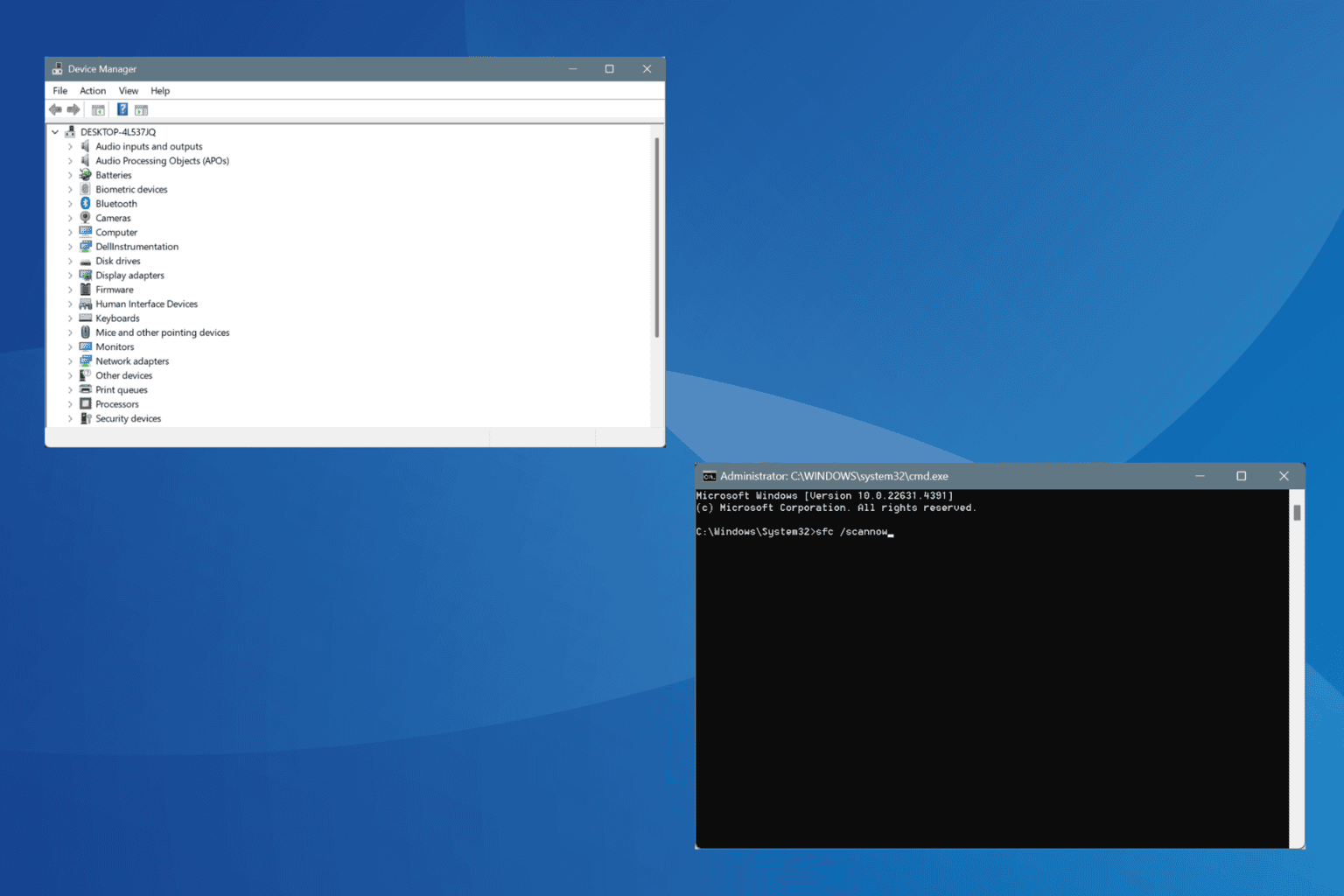
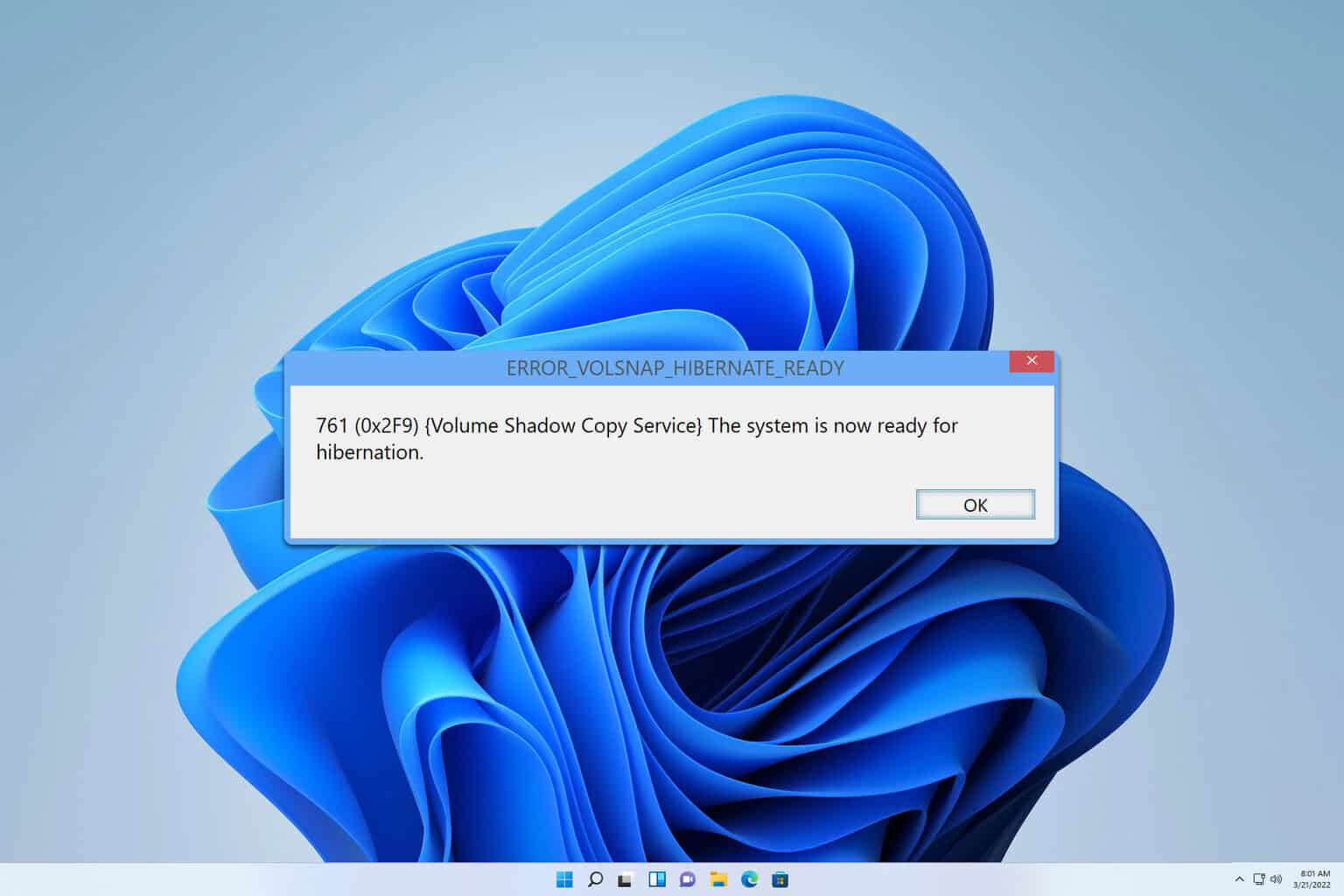
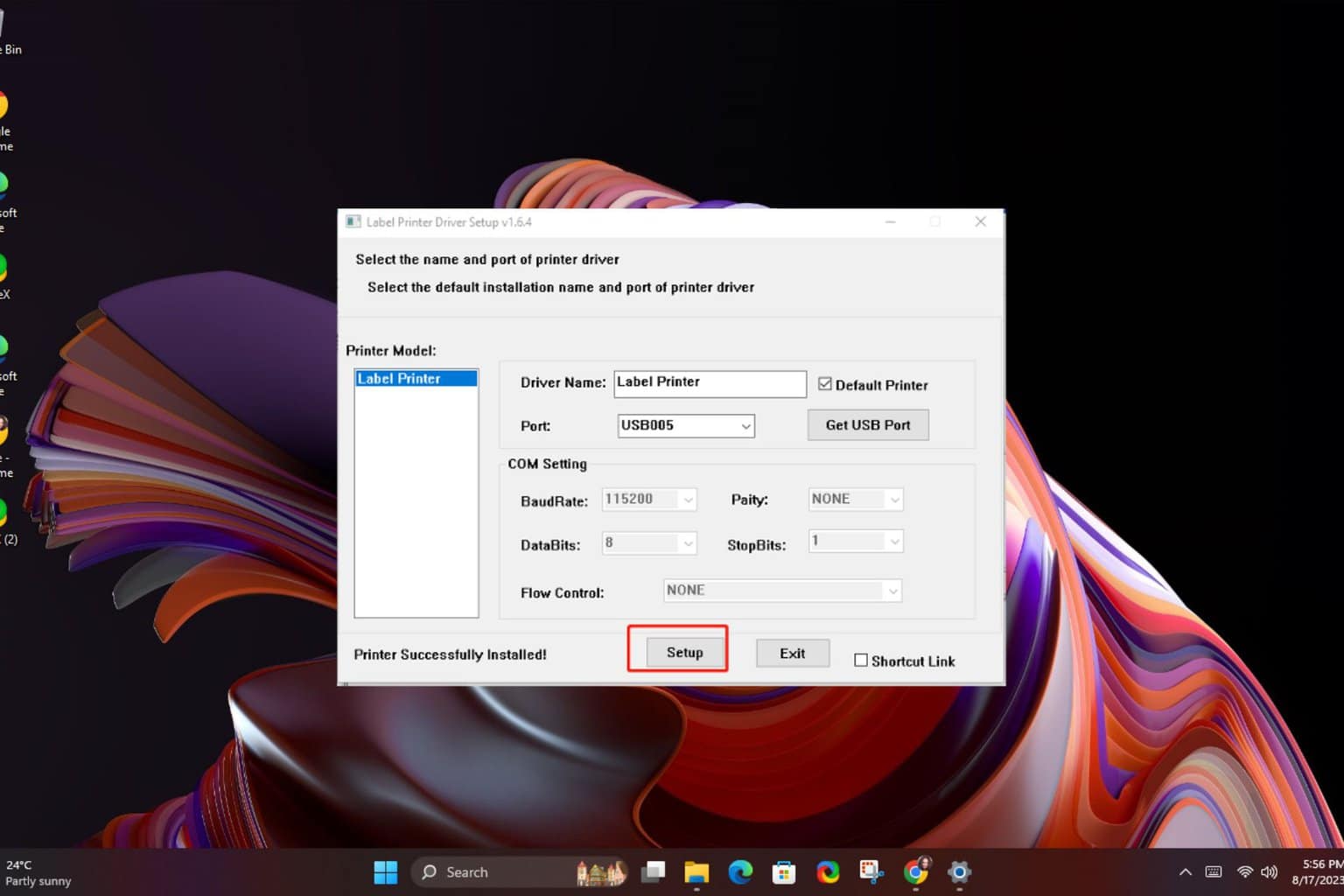
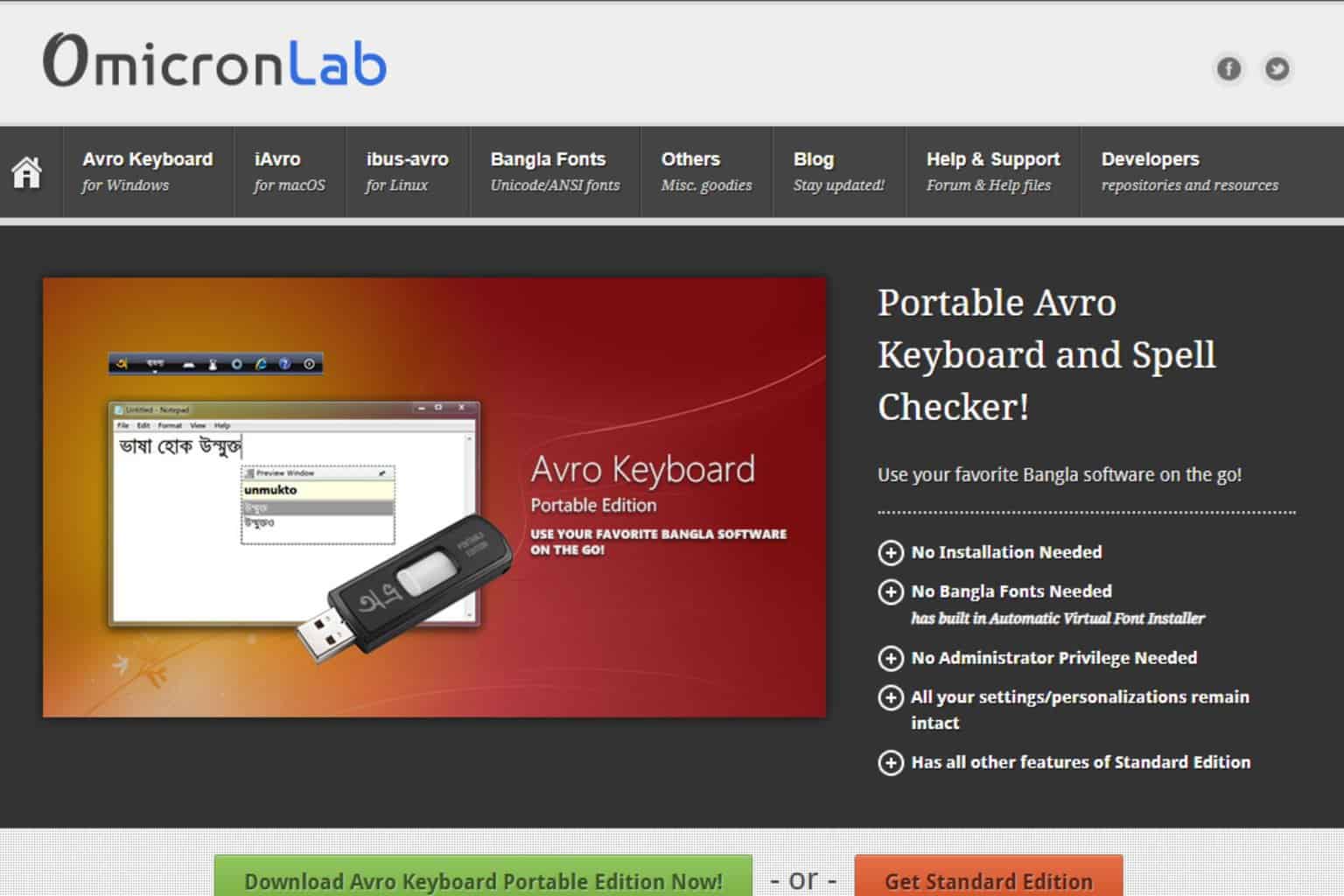
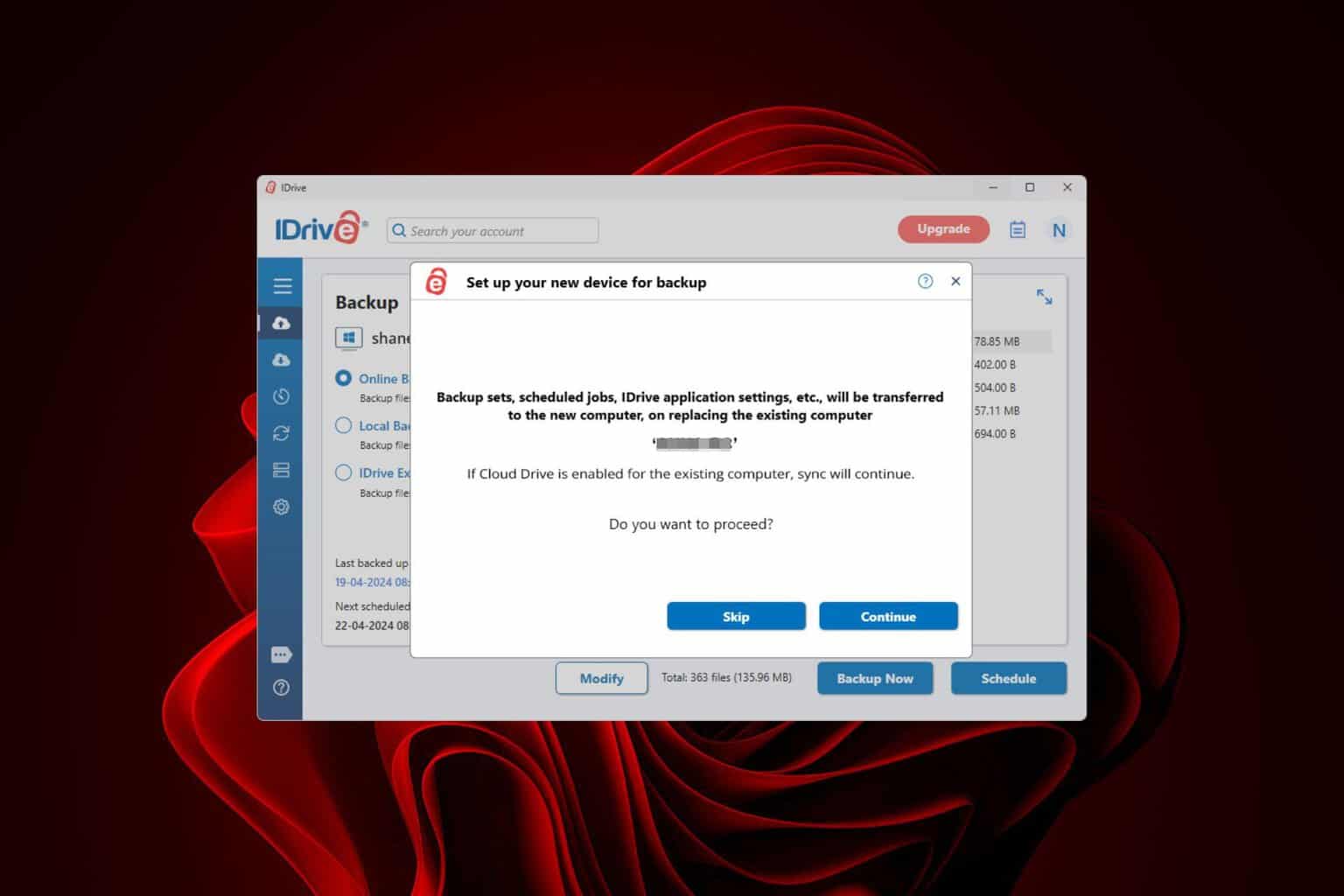
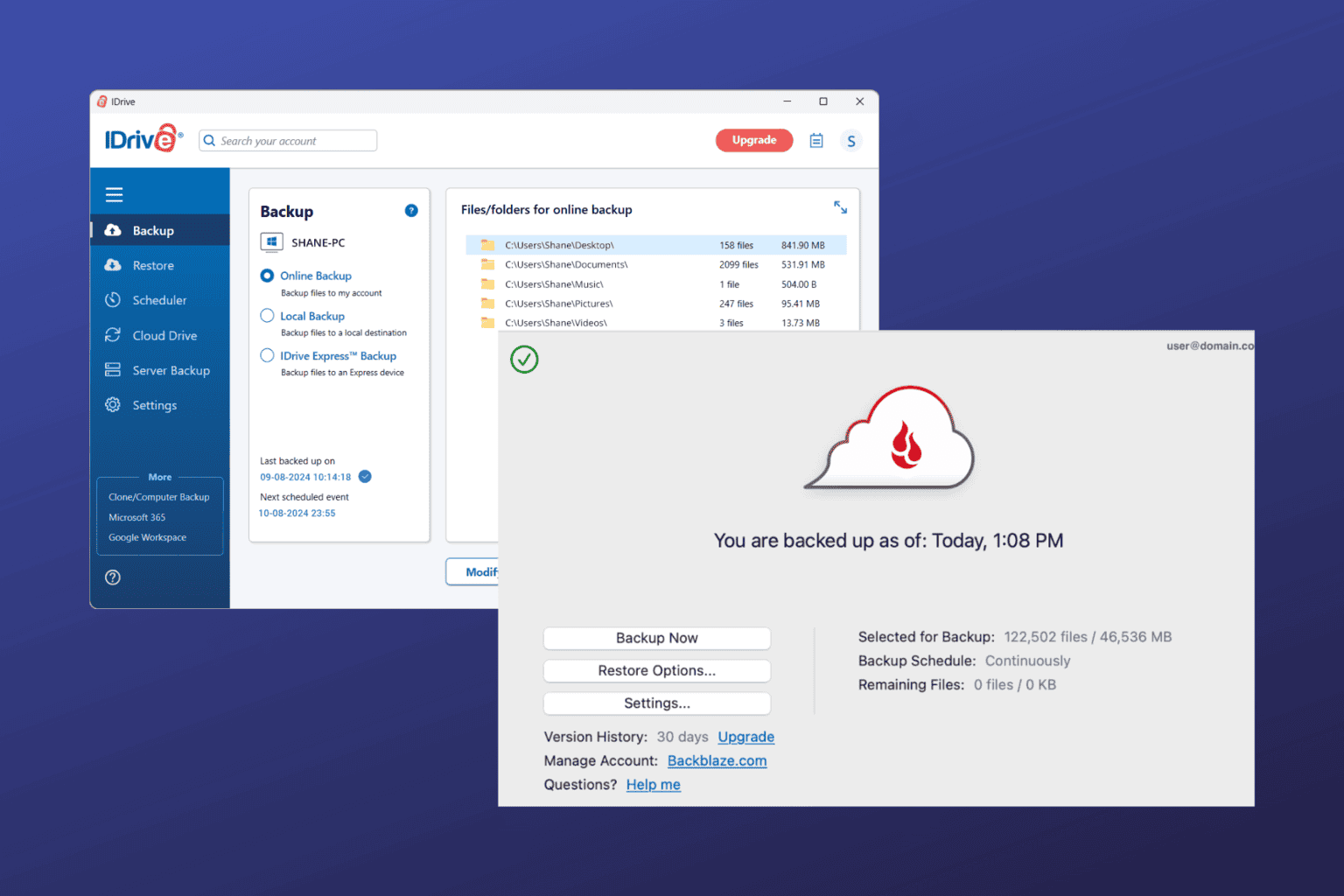
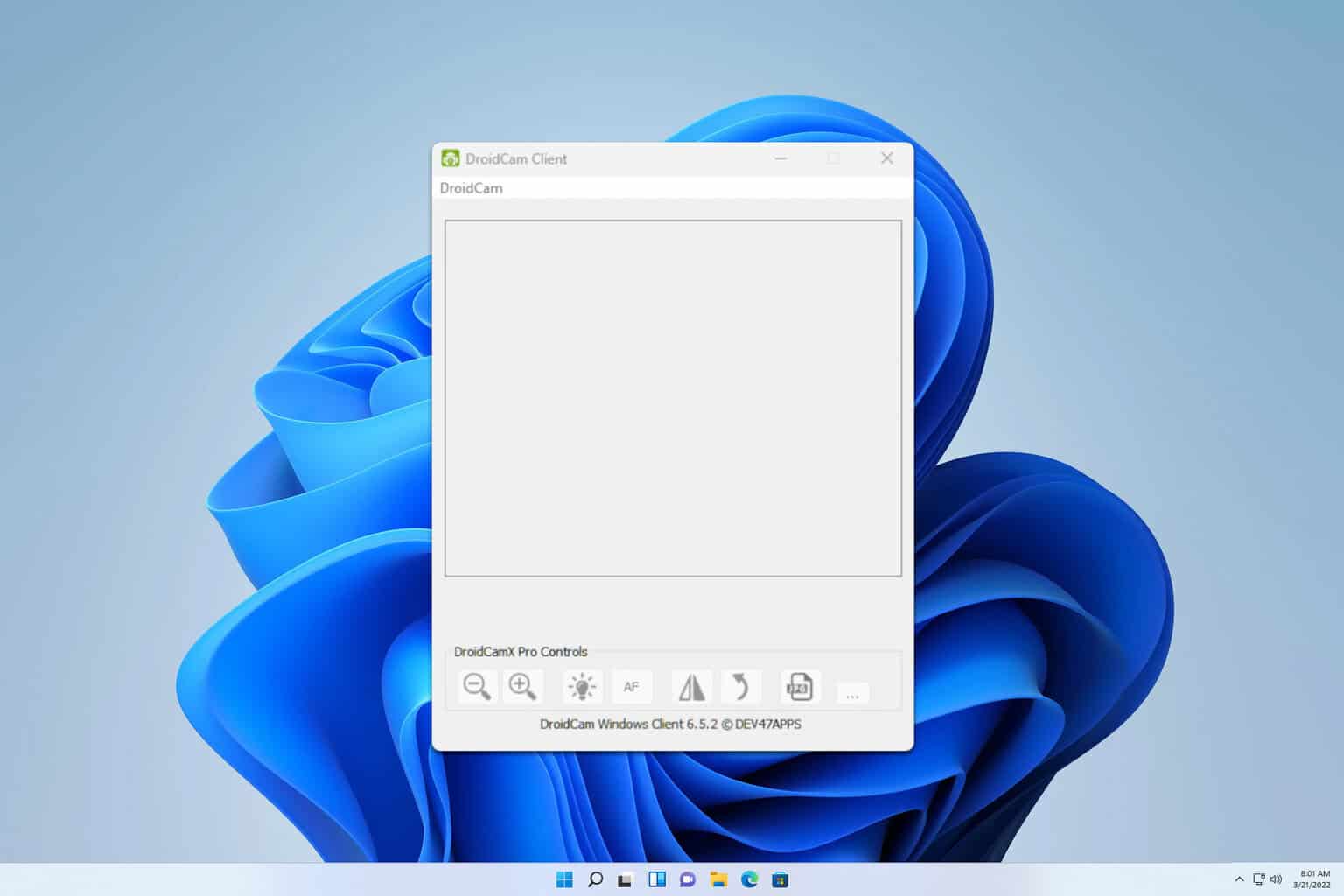
User forum
0 messages